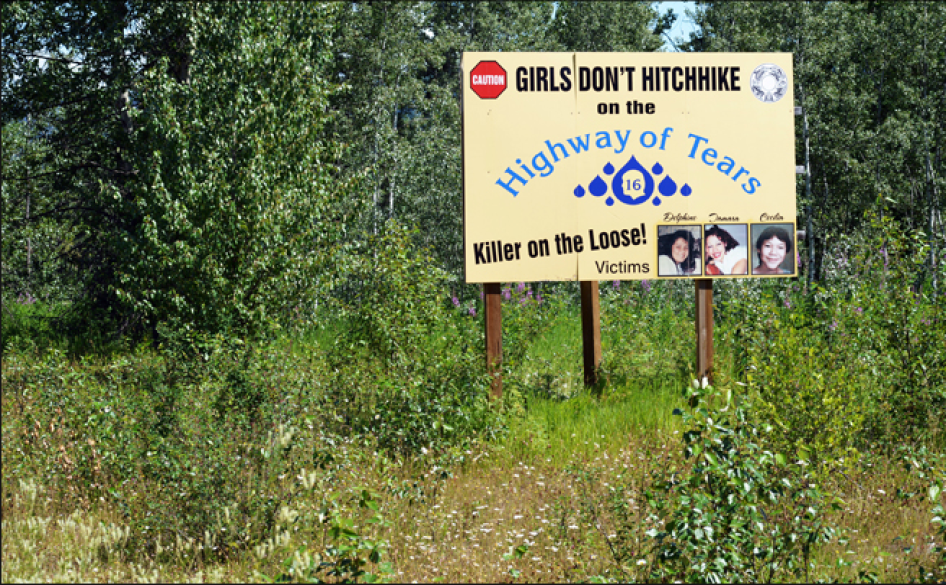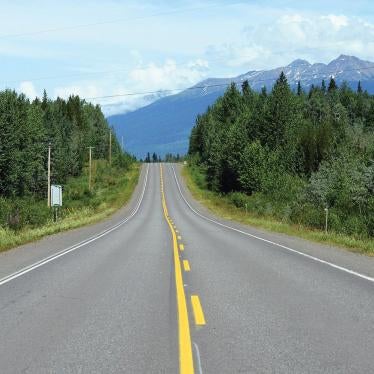Royal Canadian Mounted Police Commissioner Bob Paulson made a refreshingly open admission while addressing an Assembly of First Nations meeting last week. Responding to a charge from Grand Chief Doug Kelly of the Sto:lo Tribal Council in British Columbia that “some of the worst racists carry a gun and they carry a badge authorized by you,” Commissioner Paulson said: “I understand that there are racists in my police force. I don’t want them to be in my police force.”
His comments come on the heels of the opening of the first phase of the government’s national inquiry into the hundreds of murders and disappearances of indigenous women and girls – a process that can only succeed if it forces a frank conversation about the impact racism in the ranks has on the treatment of indigenous women and girls, and the longstanding tensions between the police and indigenous communities. The commissioner’s candour has rightly drawn praise. However, his subsequent comments on what to do about the racism deserve much closer scrutiny.
The message to the chiefs last week, in essence, was that complaints systems exist, and that indigenous people confronting racism and abuse by police forces should trust him and trust the system with their complaints.
That is a lot to ask - especially given his past defensive response to reports of racism and abusive policing of indigenous women and girls. In February 2013, Human Rights Watch released a report documenting RCMP mistreatment of indigenous woman and girls in northern British Columbia, including excessive use of force, physical assault, rape, and other sexual violence. In the week following the release, Commissioner Paulson, sent an e-mail to his force about the report in which he told officers, “My message to you today is – don’t worry about it, I’ve got your back.”
In the same e-mail, Mr. Paulson took issue with the Human Rights Watch refusal to turn over to the RCMP for its investigation the names and specific details of the allegations because of concerns for the security of victims and witnesses. Then, as now, the mechanisms available to investigate charges of police misconduct were patchwork and flawed, and many of the indigenous women we spoke with feared that using them could expose them to further abuse.
The options today are not much better. While legislation enacted in 2013 – the Enhancing RCMP Accountability Act – introduced some reforms, it fell far short of ensuring that all allegations of serious police misconduct would be investigated by an independent civilian entity. The “elaborate” accountability systems for police that Mr. Paulson touted at the chiefs’ meeting on last week can still result in police investigating police.
Confronting this problem will be essential for addressing the larger issue of the safety of indigenous women and girls. After investigating the murders and disappearances of indigenous women in Canada, the United Nations Committee on the Elimination of Discrimination against Women concluded in March 2015 that “the police cannot effectively protect Aboriginal women without a more robust complaints mechanism, as an essential component of ensuring trust.”
Constructing a robust complaint system that provides for independent civilian investigation of all allegations of serious police misconduct should be a top priority for the new government. Without movement toward meaningful accountability, acknowledging racism in the ranks does very little beyond giving official voice to a truth that indigenous communities have long known.
Meghan Rhoad is a women’s rights researcher at Human Rights Watch and the author of Those Who Take Us Away: Abusive Policing and Failures in Protection of Indigenous Women and Girls in Northern British Columbia, Canada. Mavis Erickson is the Carrier Sekani Tribal Council women’s advocate and a lawyer in private practice.







